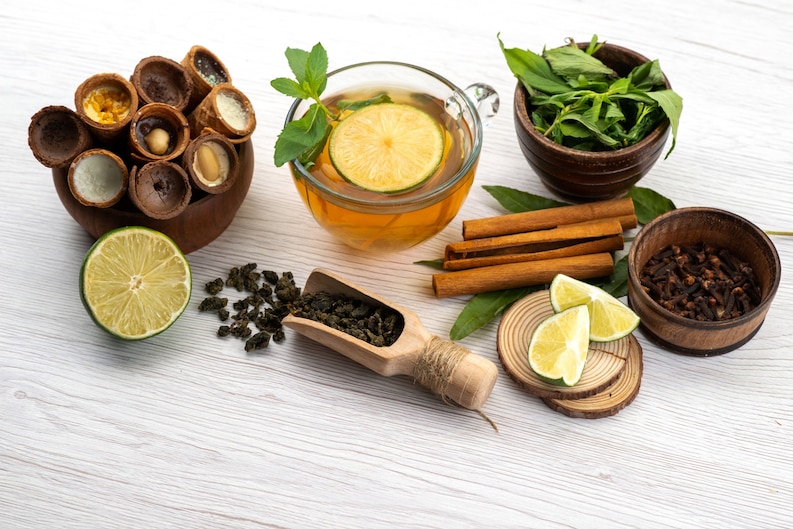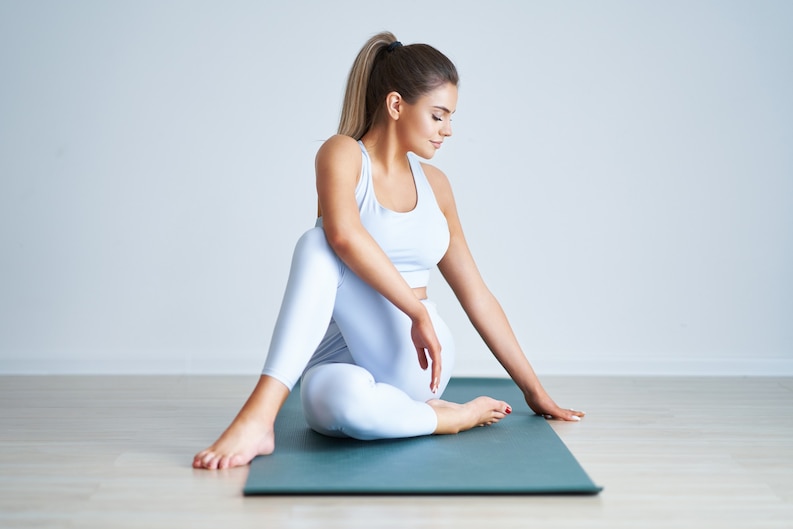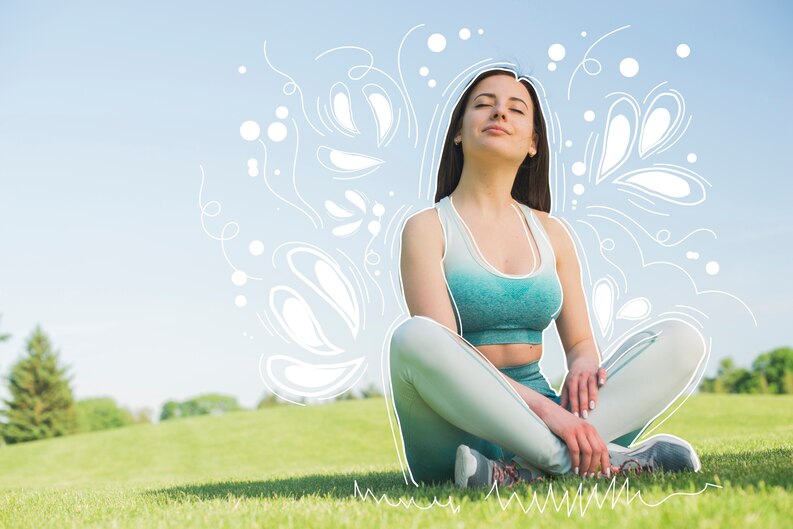In today’s fast-paced world, stress and anxiety have become all too common. The demands of work, family, and everyday life can take a toll on our mental well-being. Fortunately, there are effective stress reduction techniques that can provide much-needed relief. In this article, we will explore various strategies to help you manage stress and find greater peace of mind.
Understanding Stress and Anxiety
Before diving into stress reduction techniques, it’s crucial to understand the root causes of stress and anxiety. Stress is the body’s natural response to challenging situations, while anxiety is a prolonged state of worry and unease. Identifying the sources of stress in your life is the first step towards managing it effectively.

The Physical Effects of Stress
Stress can manifest in various physical symptoms, including headaches, muscle tension, and digestive issues. We’ll discuss how chronic stress can negatively impact your overall health and why it’s essential to address it.
Mindfulness Meditation
One of the most powerful tools for stress reduction is mindfulness meditation. Learn how to practice mindfulness and incorporate it into your daily routine to achieve a calmer, more centered state of mind.
Deep Breathing Exercises
Breathing exercises can quickly alleviate anxiety and stress. We’ll explore different deep breathing techniques and how they activate the body’s relaxation response.
Progressive Muscle Relaxation
Progressive muscle relaxation is a proven method for releasing physical tension. Discover how to systematically relax your muscles and unwind from the stresses of the day.
Exercise and Physical Activity
Regular exercise is a natural stress buster. Find out how physical activity releases endorphins, reduces cortisol levels, and boosts your mood.
Healthy Eating Habits
Your diet plays a significant role in managing stress. Learn about stress-reducing foods and dietary habits that can enhance your emotional well-being.
Adequate Sleep and Rest
Sleep is crucial for stress recovery. We’ll discuss the importance of quality sleep and offer tips for achieving a more restful night.
Time Management Techniques
Effective time management can reduce the feeling of being overwhelmed. Discover practical strategies for organizing your tasks and priorities.
Social Support and Connection
Human connection is a powerful antidote to stress. Explore the benefits of maintaining social relationships and seeking support when needed.
Cognitive Behavioral Therapy (CBT)
CBT is a therapeutic approach that can help reframe negative thought patterns and reduce anxiety. Learn how this form of therapy can be a valuable tool in stress reduction.
Journaling for Stress Relief
Writing down your thoughts and feelings can be incredibly therapeutic. We’ll explore the benefits of journaling and provide tips for getting started.
Creative Outlets and Hobbies
Engaging in creative activities and hobbies can be a great way to relax and unwind. Discover how pursuing your interests can provide an escape from stress.
Nature and Ecotherapy
Spending time in nature has a calming effect on the mind and body. Learn about ecotherapy and the healing power of the natural world.
Conclusion
In the concluding section, we’ll emphasize the importance of experimenting with various stress reduction techniques to discover what works best for you. Every individual is unique, and finding your personal stress relief formula is key to long-term well-being. In conclusion, stress reduction is essential for maintaining both mental and physical well-being. By incorporating these techniques into your daily life and tailoring them to your specific needs, you can find relief from anxiety and enjoy a more peaceful, balanced existence.
FAQs
The benefits of mindfulness meditation can be experienced in as little as a few weeks with consistent practice.
Yes, certain foods high in sugar, caffeine, and processed ingredients can exacerbate stress and anxiety symptoms.
Gentle activities like yoga can be highly effective for stress reduction. The key is finding an exercise routine that you enjoy and can sustain.
Yes, chronic stress has been linked to various health problems, including heart disease, obesity, and immune system dysfunction.
Approach the topic with empathy and offer your support. Encourage them to talk to a mental health professional who can provide guidance and treatment options.







Leave a Reply